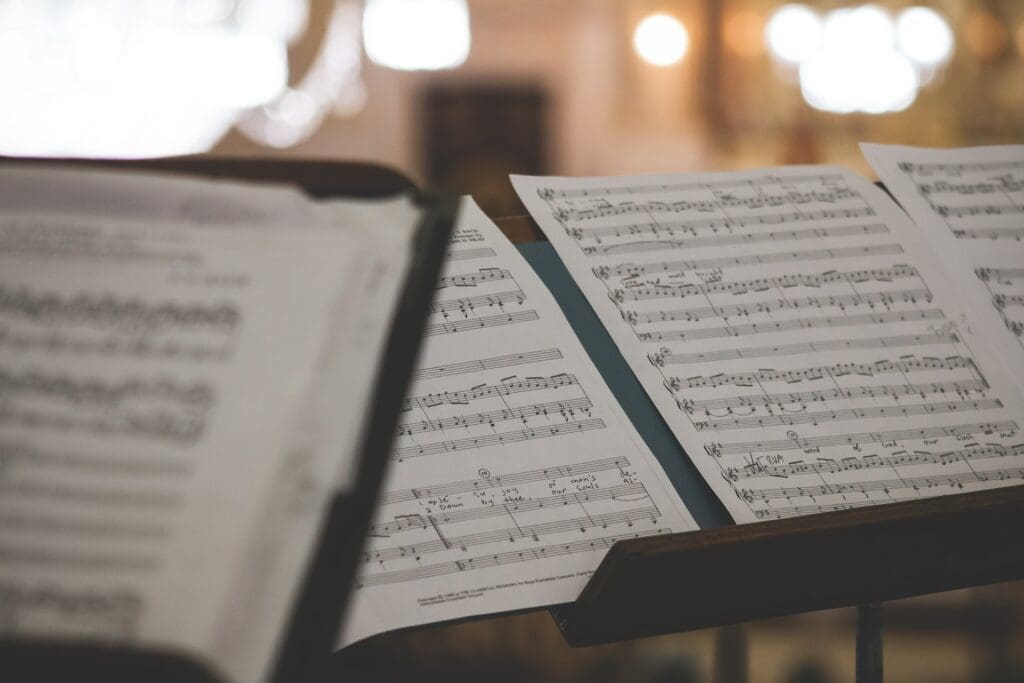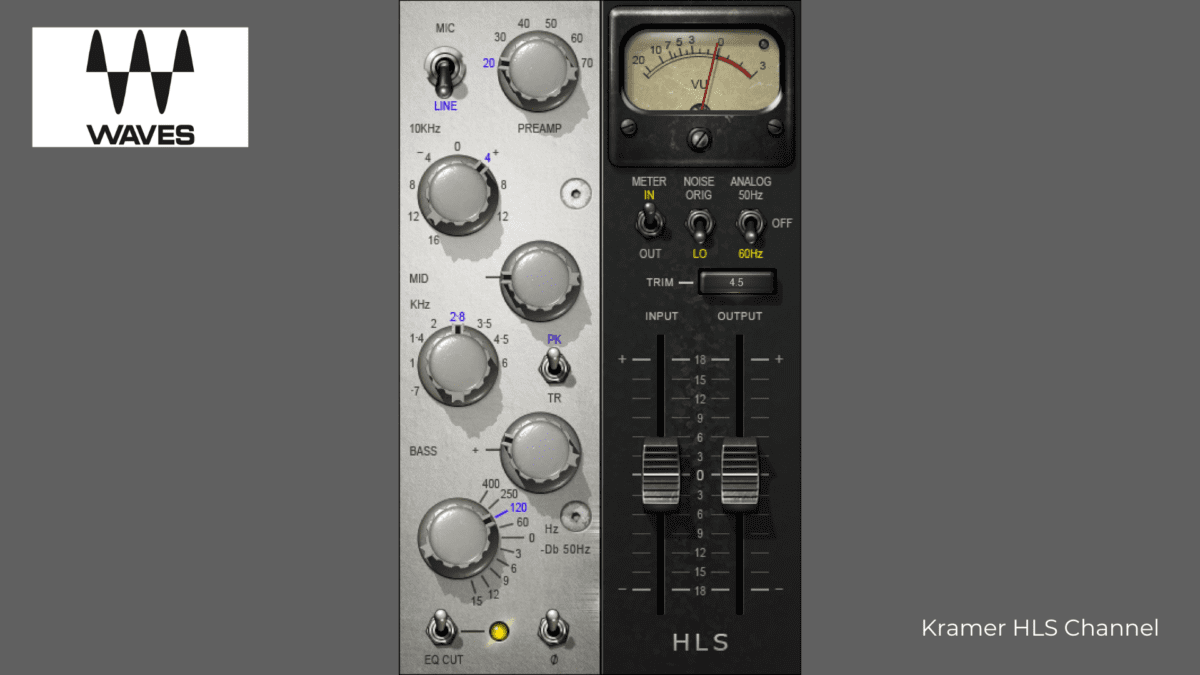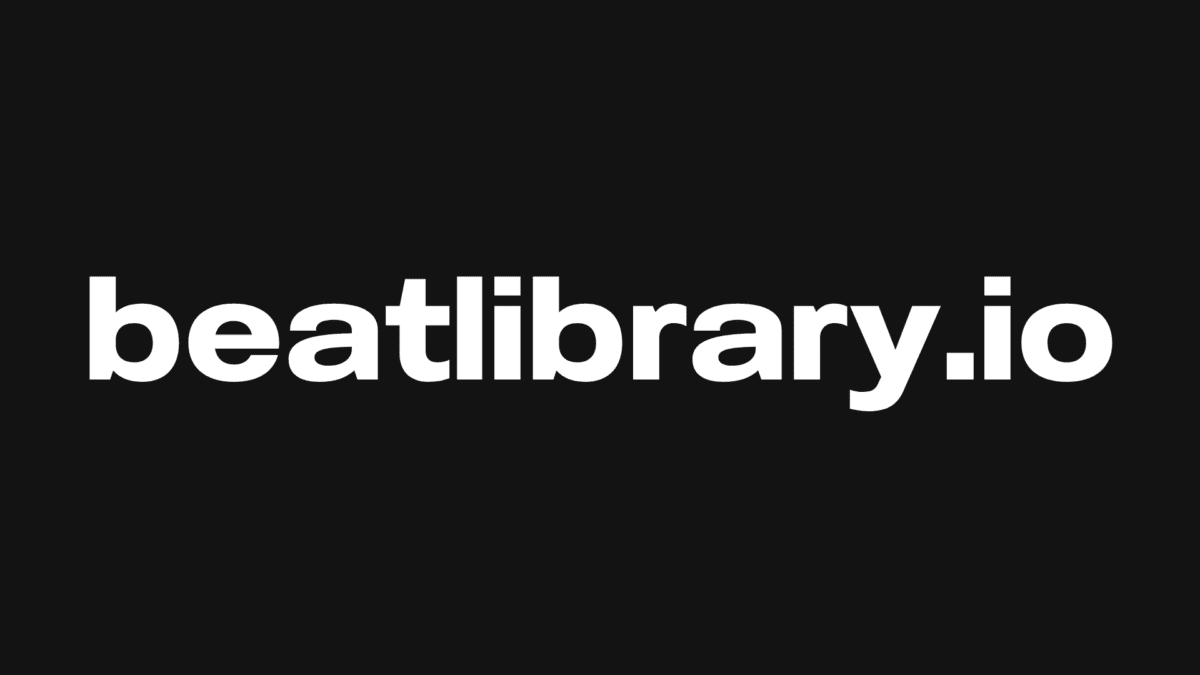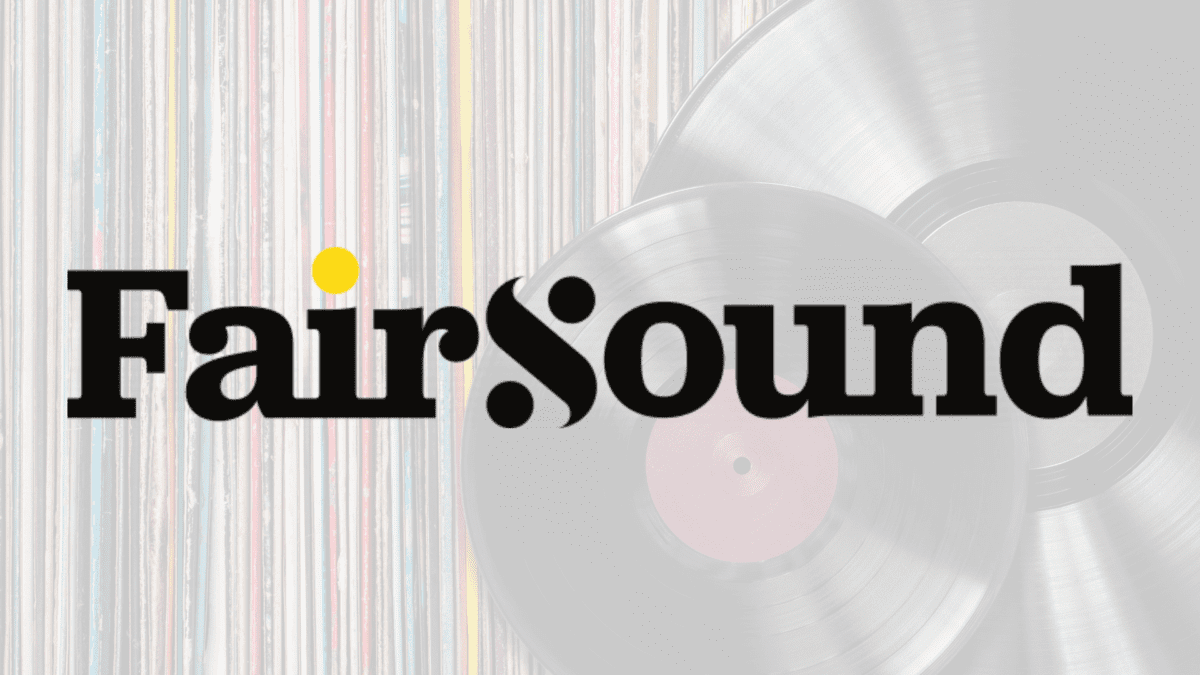The panel for this masterclass consisted of music supervisor Maggie Rodford and musician contractor and Emmy-nominated score recording coordinator Hilary Skewes. Hilary’s list of credits is extensive and includes Murder on the Orient Express, Mum’s List, State of Play, Albatross and many more.
Maggie works closely with composers, negotiating contracts, producing, music supervising and coordinating score recordings. She has worked as a music producer, coordinator and supervisor on many high-profile films. Including Kubo and the Two Strings, Cinderella and The Boxtrolls.

We boiled down all of the information and tips from the masterclass to the top 5 takeaways:
What is Score Recording?
Score recording, as the name implies, is the process of recording the score for the film. This includes everything from working with composers, music editors, session musicians and more to arranging for session musicians and featured artists.
What is a Recording Session like?
Score recording sessions are most often three hours with a fifteen-minute break. The music supervisor will have to plan the session out well in advance. The studio engineers will know what will be recorded and have everything set up before any musicians enter the studio (note that this setup time will need to be included in the studio booking, the session doesn’t just start when the musicians arrive!)
The session musicians will likely have brilliant sight-reading skills and so they are not generally given the chance to rehearse. It’s also important for the supervisor to be aware of who is responsible for completing the deliverable score recording requirements.
It can also come under the music supervisor’s remit to ensure people stick to the predetermined schedule. If the session is well prepared, there should not be any unforeseen problems. This allows the musicians and the team to focus on getting the details correct.
During the masterclass, a clip was shown of a score recording at Air Lyndhurst with Christian Henson. The session is a great example of what a session is like and how well it can go.
Where to record
First of all, it’s important to know if there are any particular requirements for the score recording. Sometimes the music has to be recorded in a particular country or city. You also have to keep the budget in mind with this because sometimes it can be cheaper to record abroad. You also have to think about costs like travel and accommodation. If you’re on a tight schedule or budget then you can set up a remote score recording session. You can monitor it from a studio nearer to you with programs like Source-Connect.
Where to do your score recording is an important choice in terms of sound, budget, availability and more. A studio can cost £750 to £3400 a day so it’s important you get the right location.
Useful Tips
Some helpful tips were given at the masterclass on where to record in the UK. Here are the main examples and their different aspects:
- Air Lyndhurst Hall: amazing acoustic which can be changed by moving the canopy. Also has studio booths with nice natural light but takes a smaller amount of musicians.
- Abbey Road: iconic and frequently used.
- Angel Studio 3: can take 65 musicians and has an adjustable wall of mirrors and two isolation booths. It doesn’t have a great studio height so it’s not as well-suited for acoustic open classical sound.
- British Grove: is new and large, with two studios. This studio complex in Chiswick is owned by Mark Knopfler, lead guitarist, lead singer and songwriter of Dire Straits.
- Air-Edel: is very versatile and can hold up to 25 strings.

You’ll also need to keep in mind: the booking protocol, hours of work, which are included in the daily rate, equipment rental, set-up costs and more. It’s important to note that the session starts when the engineers come in to prep. Not when you start the session with the score recording musicians.
You also need to be clear about what the producer wants to rent. You may need extra equipment e.g. specialist equipment, pre-amps, extra mics etc. On lower budget sessions you don’t want to have to pay for these extras if they’re not necessary.
Budgeting for Score Recording
It’s important to know what the producer’s wishes are in order to inform and advise them on an appropriate budget for score recording. The composer will also need to be made aware of the budget and they will make different creative choices with instruments or possibly include synths depending on the cost. Remember, the more musicians needed for a score, the more expensive it’s going to be.
The session went through various budget examples, which you can get access to as a member of the Guild of Music Supervisors. Maggie’s top tip for budgeting score recording is to use an Excel document with multiple tabs. This makes it very easy, clear and quick, especially if you’re asked to add something later to the project. It’s also recommended to add ‘extras’ or ‘sundries’ to your budget to allow for things like piano tuning, food, cabs, couriers etc.
Unions and Agreements The world of musician agreements is complex and can be confusing if you don’t know how to navigate it. The session went through the various different agreements with MU/PACT, BPI, IPA and BBC and demystified some of the confusion. It’s much too complex to get into detail on those now, but if you’d like to find the agreement examples then becoming a member of the Guild will give you access to them.
For now, here’s a quick explanation:
PACT (Producers Alliance for Cinema and TV) is the trade association representing the commercial interests of UK independent television, film, digital, children’s and animation media companies.
The Musician’s Union (MU) is an organisation which represents over 30,000 musicians working in all sectors of the British music business.
The PACT/MU agreement combined use fee gives you every use you need for the film or tv with a fixed rates fee structure and is what is most commonly used for hiring session musicians for score recording. It’s important to know that hourly session musician rates for score recording for musicians are fixed and are tiered per hour. Also, the more hours, the lower the fee per hour.
It’s important to have a music contractor on board for all of these agreements and they can be very helpful when it comes to budgeting. Quite often the MU will ask you to have an MU-approved contractor on board.
Unfortunately, the Guild’s In-Depth Masterclass series is over now! They will be running more sessions later in the year so keep an eye out on their social media or become a member and be the first to know about score recording.










